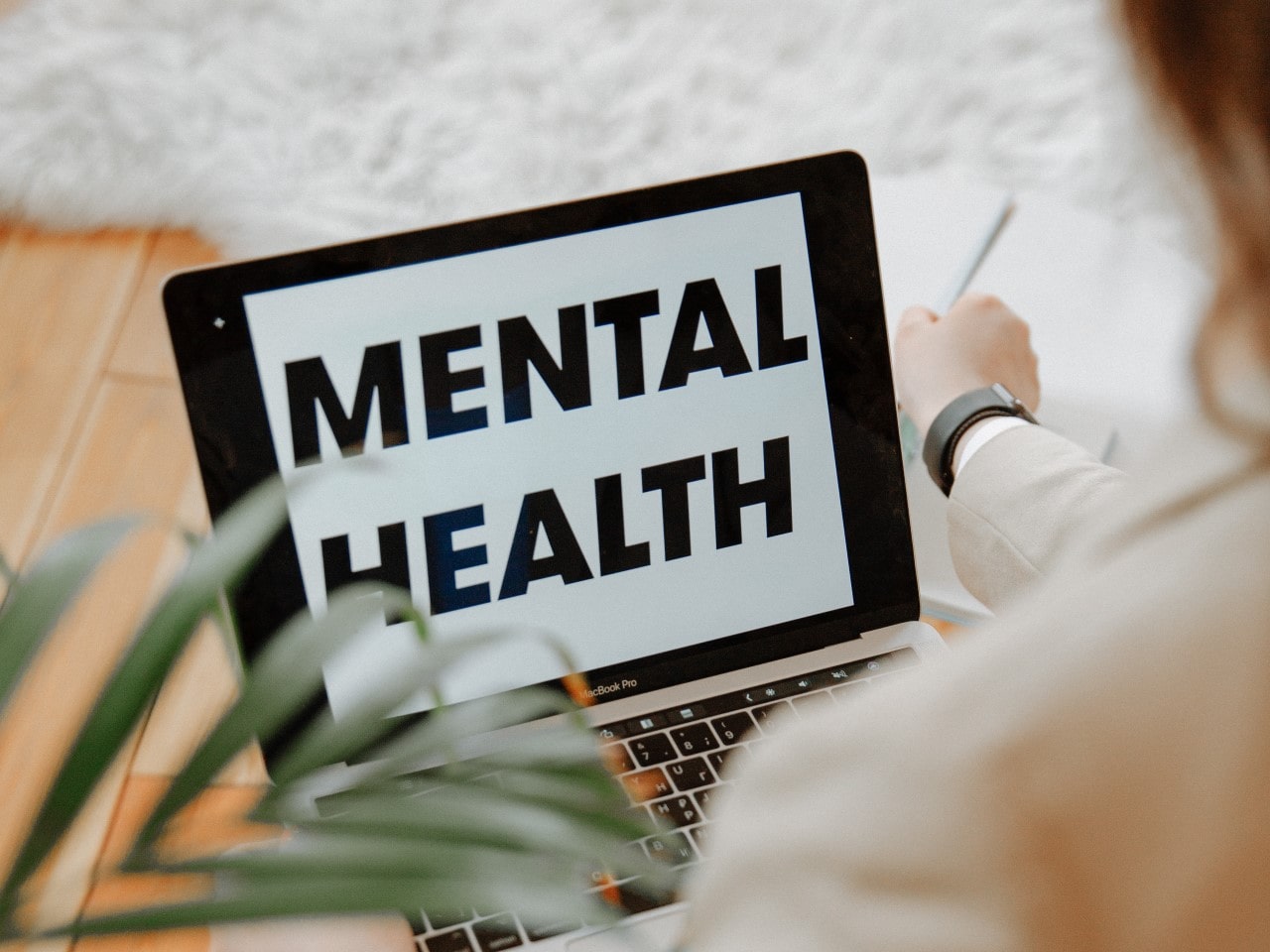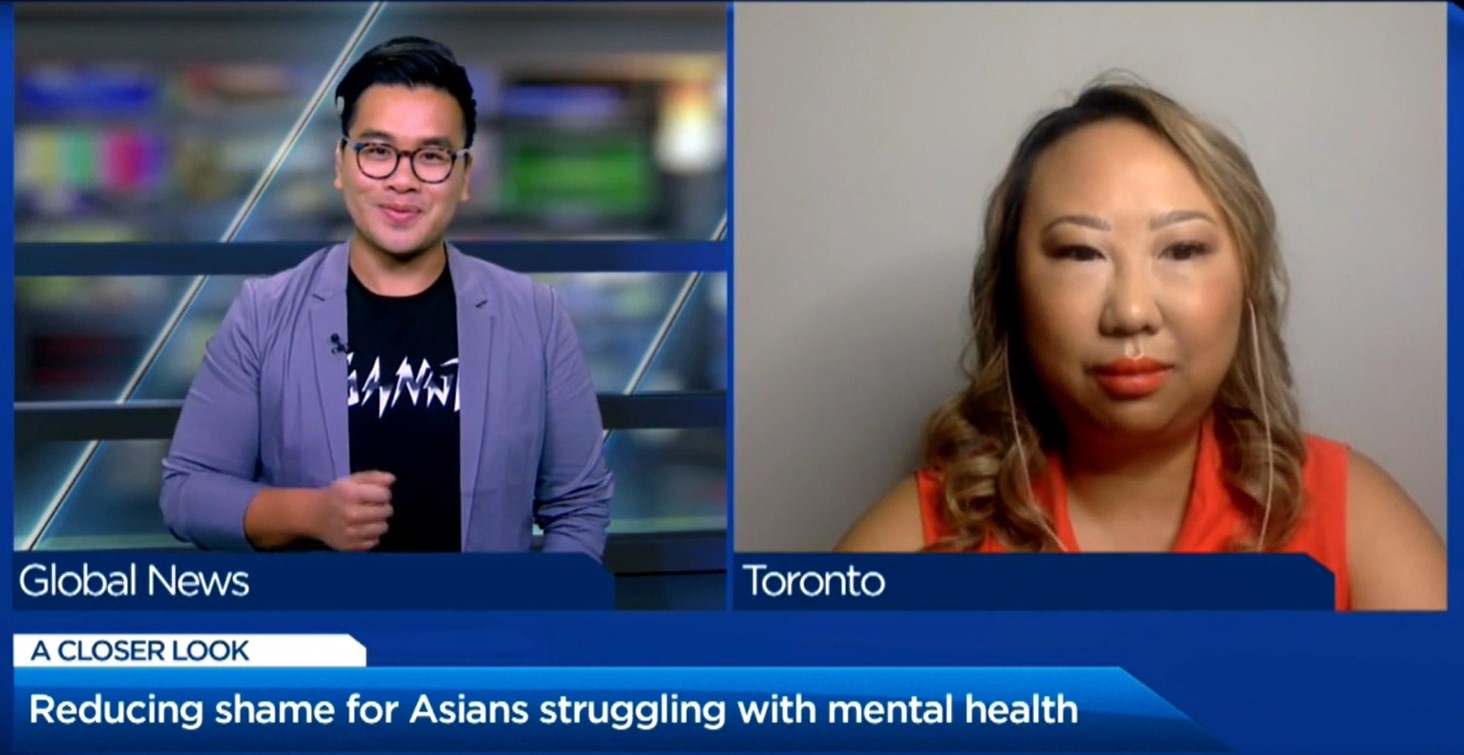Talk Therapy With Vera
Blog
I spend a little bit of time writing my thoughts and sharing content that I think will be helpful to those that visit my site. I hope you find these content pieces interesting
August 8th - 8 min read
Talk Therapy Blog
Mental Health Support: Reducing Shame in Asian Communities

In this blog post, I examine the mental health struggles within the Asian communities and how racism and our own culture deter our people from seeking the mental health treatments they desperately need. I call on our community to have open conversations about our mental well-being. So we can begin to turn the tide against the Asian shame that is preventing us from living full and healthy lives.
The Toll of the Coronavirus on our Mental Health
The last 18-months have been challenging for all Canadians, as we struggled to make it through the isolation caused by the coronavirus stay-at-home orders. We found ourselves trapped in our homes, with the walls closing in on us a little more every day. Maybe we were quarantined alone, or perhaps we were stuck with family every single day. Both situations were equally detrimental to our mental health.
According to surveys conducted by CAMH during the epidemic, 25% of Canadians experienced moderate-to-severe anxiety. When asked what they were most anxious about, 69% reported being worried about their finances, and 76% were concerned about getting sick with the virus. A similar 21% felt lonely during quarantine, and 20% felt depressed.
From my personal experience, I can see that the Asian community has suffered greatly during the epidemic. In April, I made a blog post about the rapid rise of anti-Asian racism in Canada. In major cities, reported crime rates jumped 600%-700% between March 2020 and March 2021. And these reports show that most of the increased crime was targeted at Asian-Canadians, especially among Chinese, Korean, and other Southeast Asians.
These groups are taking disproportionate blame for what some folks are mistakenly calling “The China Virus”. According to James Lane Allen: “Adversity does not build character, it reveals it.” Unfortunately, the difficulties brought on by COVID-19 have revealed the racist underbelly of some Canadians. What was once under the surface has now been exposed.
Asian-Canadians Have Not Increased Treatments
With the coronavirus taking a heavy toll on the Asian-Canadian population, one would expect to see a deluge of Asian-Canadians coming to mental health treatment facilities, such as my practice. But I am not seeing an increase of these patients at my practice, and my colleagues report they do not see an increase either.
Asian-Canadians are suffering, and they are doing so silently. But as I mentioned in my April blog post, Asians have been suffering quietly in Canada since the 1850s. We have been labelled as a “model minority”; folks think we are a group that has figured out how to succeed in society, so racism must not be a factor in our day-to-day lives. For example, racism against the Asian community was not even mentioned in Canada’s 2019 anti-racism strategy. But the truth is that everything is not perfect in our Asian communities. For instance, the poverty rate of a Chinese-Canadian is double that of a white Canadian. And, as already stated, increased attacks during COVID-19 have shined a spotlight on the falsehoods of us being a “model minority”.
Why is Asian-Canadians Avoiding Treatment?
According to CAMH, stigma prevents 40% of all Canadians with anxiety or depression from getting medical help. A 2018 survey in South Korea showed 84% of respondents that had signs of depression, including thoughts of suicide, were avoiding mental health treatment. Based on personal discussions within the community, I believe that the number of suffering Asian-Canadians avoiding treatment due to stigma is also near 80%
Many Asian cultures do not seek mental health support because they fear bringing shame to their families or being discriminated against in their communities. According to the National Alliance on Mental Illness:
“Asians come from traditional collectivist societies that value interdependence over independence. Consequently, the need to preserve and perpetuate collective honour (family, ethnicity, society, etc.) is held in the highest esteem. Failing to do so leads to what [NAMI] coins as ‘Asian shame’, where one feels they have so disgraced their kin they must hide oneself (physically and/or emotionally) or rid oneself from society and atone for their actions by suicide.”
The stigma against mental health treatments is further reinforced by the “model minority” stereotype, which says Asian-Canadians are supposed to keep their head down, work hard, and excel in school. Nowhere within the “model minority” stereotype does it say it is okay for Asian-Canadians to be anxious or depressed. Nowhere does it encourage open communication and the sharing of emotions. Thus, the stigma against mental health treatments was born, and this stigma gets reinforced generation after generation.
People who have moved thousands of miles away from their homeland continue to hear this “model minority” message repeatedly from our media and politicians. They may have escaped the physical grips of a traditional collectivist society, but they are still mentally trapped.
Breaking the Stereotype of the “Model Minority”
The first major hurdle towards ending the stigma against mental health treatments within the Asian community is to end the violence against our community. Our people must feel safe to leave their homes if they are ever going to seek help from a mental health professional.
The COVID-19 epidemic has shined a spotlight on anti-Asian racism within our borders, and the media is finally giving the topic much attention. We must use this momentum to break the “model minority” stereotype.
Groups such as Fight COVID Racism and project PROTECH have been formed to document incidents of racism and organize advocacy information. They are teaching our people to advocate for themselves against racism and correct stereotypes when we see them. These groups are also helping the Asian-Canadian community have important conversations about the racism they are experiencing.
Breaking the Stigma and Reducing Asian Shame
The second major hurdle towards ending the stigma against mental health treatments must be taken inside our communities and homes. We must admit that Asian shame was first born inside our unique culture and continues to be perpetuated by the members of our culture. Even second-generation children born in Canada are not immune, as we find Asian-Canadian parents continuing to force Asian shame on their children.
A few paragraphs above, I discussed groups encouraging the Asian-Canadian community to have open conversations about the racism they are experiencing. The same honest, frank discussions need to happen about our mental health issues and their treatments. If the members of our community are too ashamed to visit a therapist’s office, then the initial conversations about mental health must take place in our homes.
If you are a member of the Asian-Canadian community, and you have read this far in my blog, then you have already taken a first step towards ending the stigma and the first step towards healing yourself. It is courageous to seek medical treatment and not allow the fear of being labelled to stop you from getting help.
You have just read about how our culture of collective honour and the false “model minority” stereotype are creating a stigma against mental health treatment. You have read the statistics that at least 20% of Canadians suffer anxiety and depression after COVID-19, and the percentage within your marginalized community is likely well above 20%. This means that a large percent of the people in your community are suffering silently; a large percent of your family, friends, and neighbours. You are not in this alone. Your feelings are normal and justified.
The recent suicides and admitted mental health struggles of nine K-pop celebrities have sparked meaningful conversations about mental health inside the Asian community. Moreover, these very public examples of mental health struggles provide perfect opportunities for Asian families to engage in discussions around the dinner table.
I am Here for You
I encourage readers to contact me to set up a free 15 min consultation via phone or GoogleMeet. I would love to talk to you about what you are feeling post-COVID and talk about what is happening inside your house. This call can be brief and 100% confidential.
Through ongoing talk therapy sessions, we can identify your concerns and begin treating the symptoms that interfere with your work and personal life. We can also explore your positive traits and values to develop self-compassion, increase self-worth, overcome self-criticism, and quiet your inner critic. This will start to improve your quality of life overall and build your self-confidence.
Become a Mental Health Advocate within Your Community
During our sessions, we will discuss steps that you can take to help others within your house and community. After all, we will likely discover that the behaviours of these others are contributing factors to your own mental health struggles. Therefore, by helping them, you are helping yourself.
Opening up the conversations with family and friends can be scary and overwhelming. I can help you learn to challenge and reframe thoughts of shame about getting help. Together we can help ourselves and our community breaks the chain of Asian shame that restricts our ability to prosper in our homeland and abroad.

Speaking with Global News’ about reducing shame for Asians struggling with mental health and strategies to better cope during the pandemic.